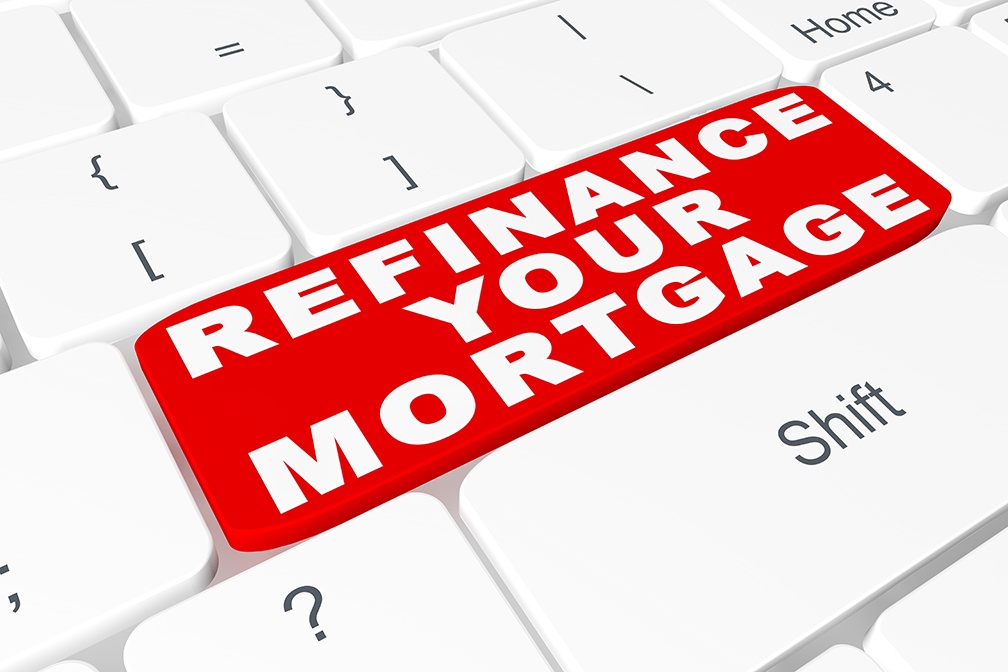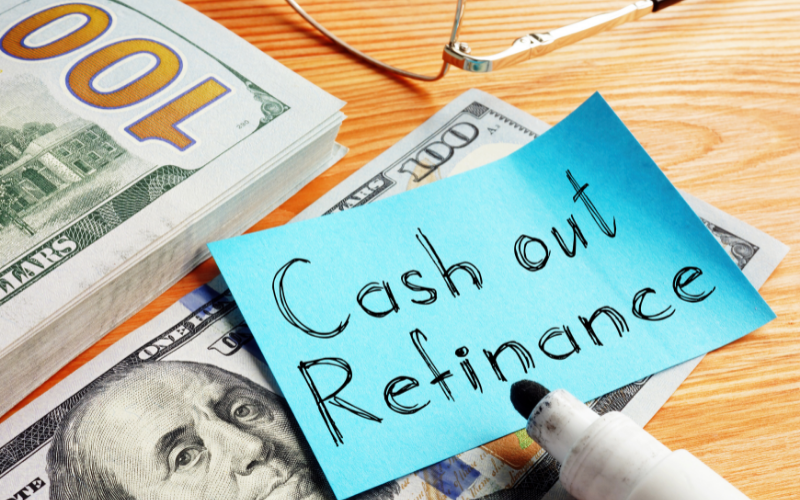What Are The Top Signs You Need To Refinance?
 You might have heard that more people are refinancing these days. During the refinancing process, you essentially take your current home loan and replace it with a different one. You can reduce your mortgage payments, shorten the life of your loan, or withdraw cash you can use for other purposes. What are a few of the signs that indicate you should consider refinancing?
You might have heard that more people are refinancing these days. During the refinancing process, you essentially take your current home loan and replace it with a different one. You can reduce your mortgage payments, shorten the life of your loan, or withdraw cash you can use for other purposes. What are a few of the signs that indicate you should consider refinancing?
You Can Secure A Lower Interest Rate
If you think you can secure a lower interest rate on your mortgage, it might be time to refinance. There are a number of reasons why you might be able to get a lower interest rate on your home loan. Your credit score may have improved, you may have paid off some of your other loans (which will improve your debt to income ratio), or the average home loan interest rate may have dropped. If you can get a lower interest rate on your home loan, you may want to refinance and save money.
Your Income Has Increased Significantly
If your income has gone up significantly since you purchased your house, you might want to pay off your house more quickly. Therefore, you might want to refinance and use larger payments to pay down your home loan more quickly. The bank might also give you better terms if you are willing to make larger payments.
You Are Concerned About Your ARM Mortgage
If you have an adjustable-rate mortgage (ARM), you might be concerned that the interest rate on that mortgage could go up. Therefore, you can refinance your home and convert your ARM mortgage to a fixed-rate mortgage. If you can lock in an interest rate with a fixed-rate mortgage, you do not have to worry about your interest rate increasing in the future. This could save you thousands of dollars over the life of the loan.
Consider Refinancing Your Home
These are just a few of the signs that you should consider refinancing your mortgage. Everyone is in a slightly different financial situation, so you should work with a professional who can figure out if this is right for you. That way, you can secure the best possible terms for your home loan.

 Last week’s economic reporting included month-to-month and year-over-year readings on inflation. The University of Michigan released its monthly consumer sentiment index; weekly readings on mortgage rates and jobless claims were also published.
Last week’s economic reporting included month-to-month and year-over-year readings on inflation. The University of Michigan released its monthly consumer sentiment index; weekly readings on mortgage rates and jobless claims were also published. If you have been in your home for a while, you might be able to refinance. If your credit score has increased, your income has gone up, or the average home loan interest rate has gone down, you might be able to conduct a cash-out refinance. During this process, you can keep your mortgage payments the same, secure a lower interest rate, and withdraw the difference as cash. What can you do with this extra cash?
If you have been in your home for a while, you might be able to refinance. If your credit score has increased, your income has gone up, or the average home loan interest rate has gone down, you might be able to conduct a cash-out refinance. During this process, you can keep your mortgage payments the same, secure a lower interest rate, and withdraw the difference as cash. What can you do with this extra cash?